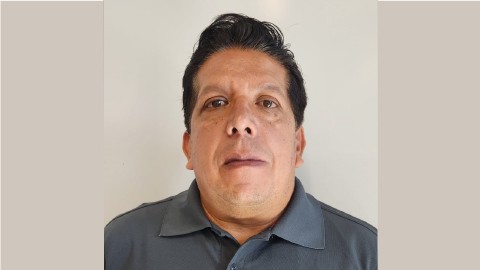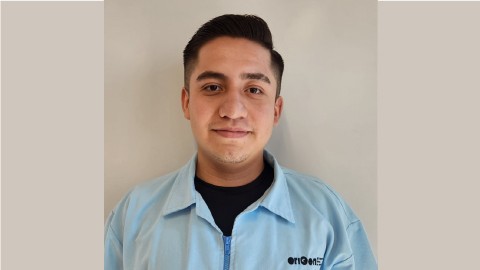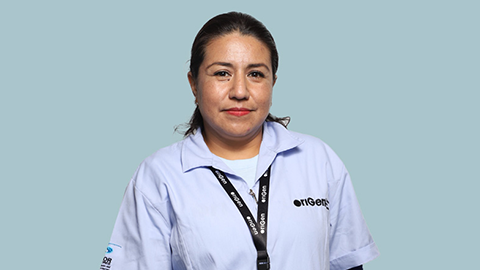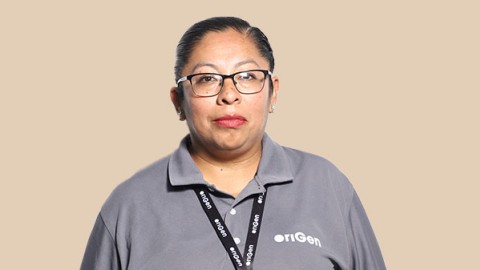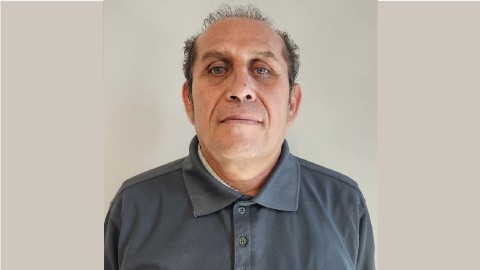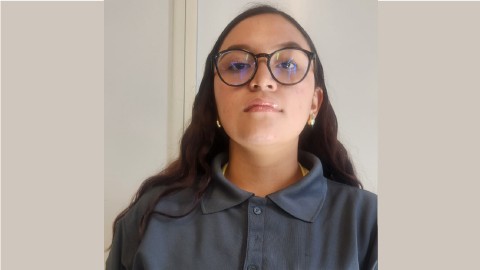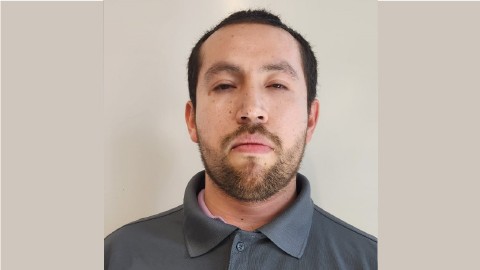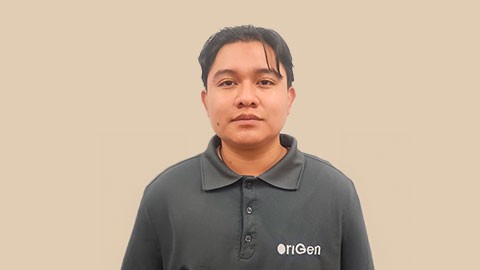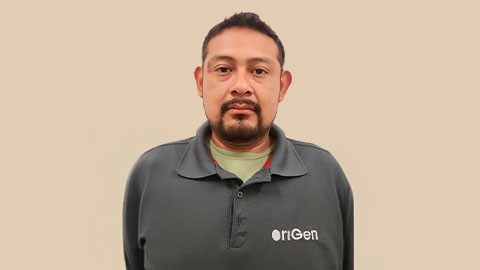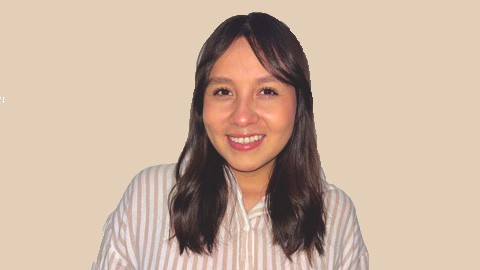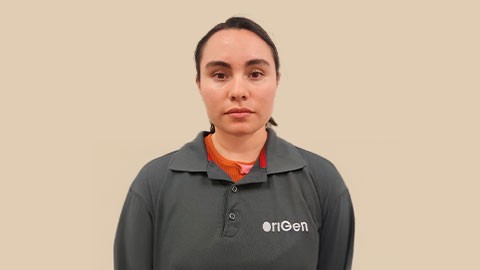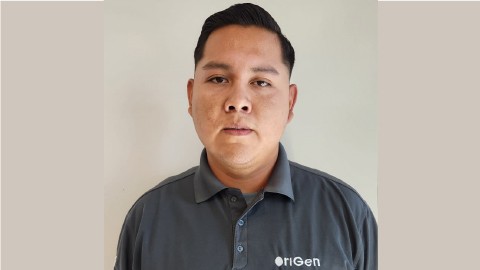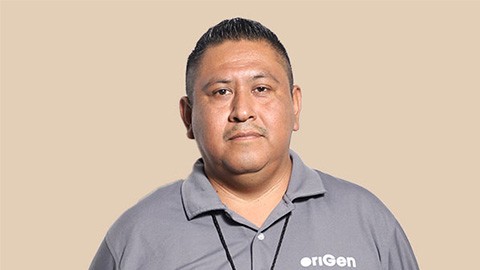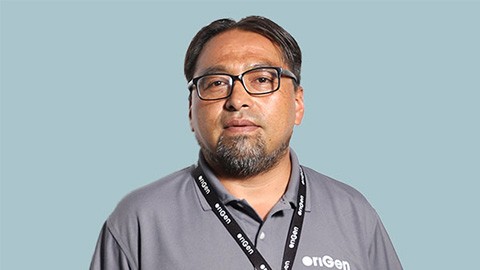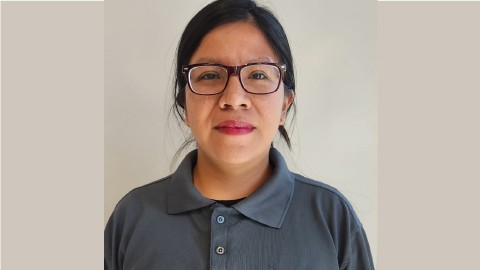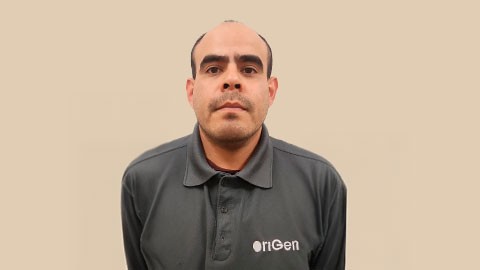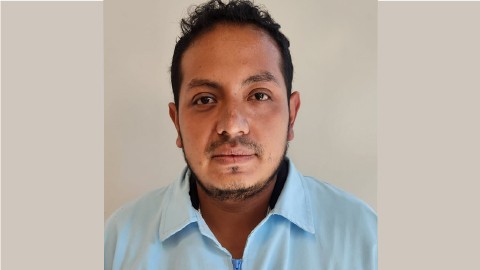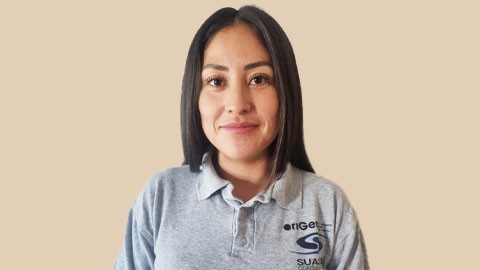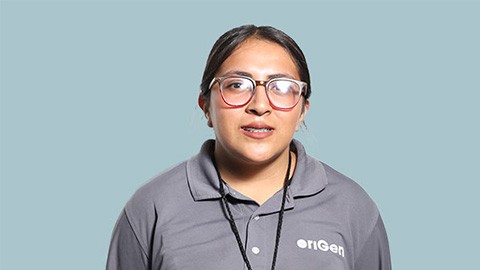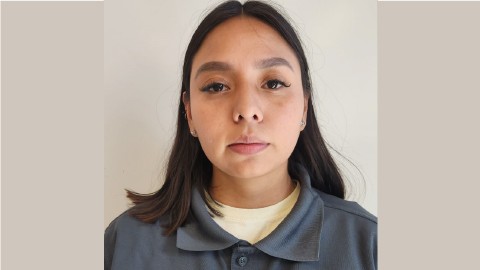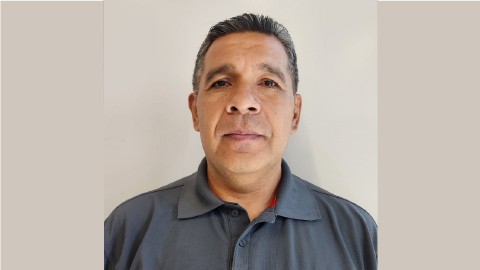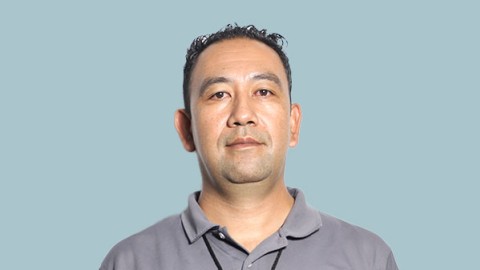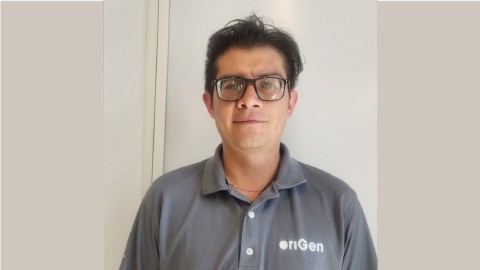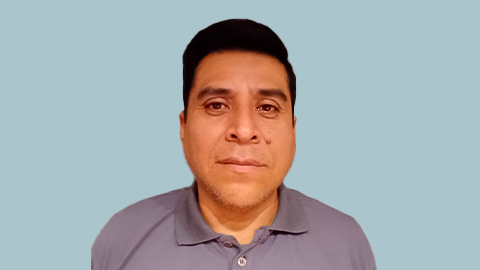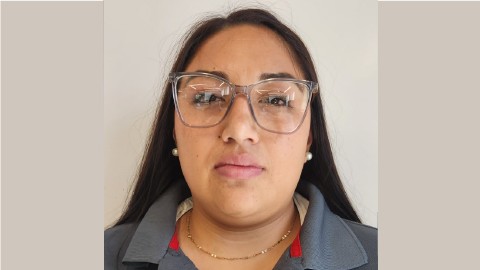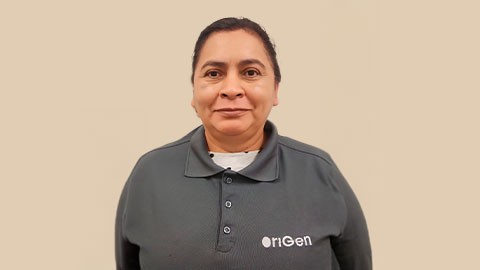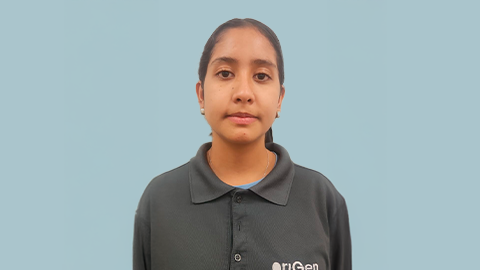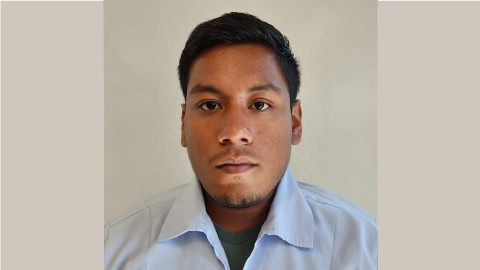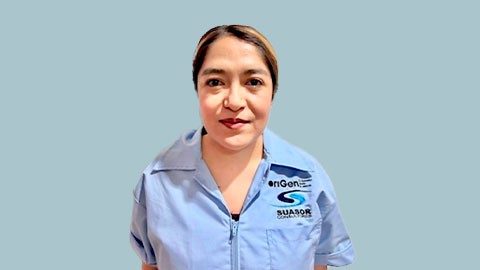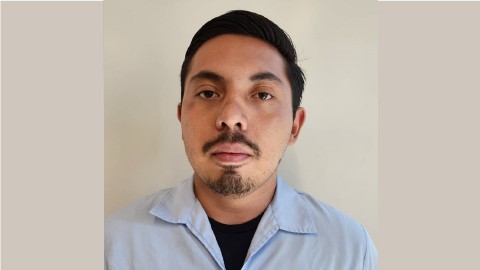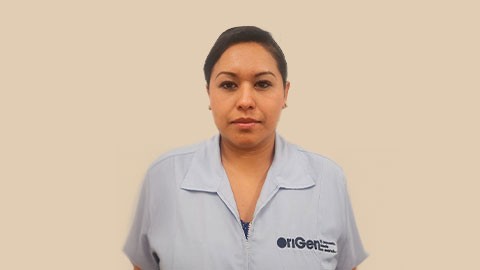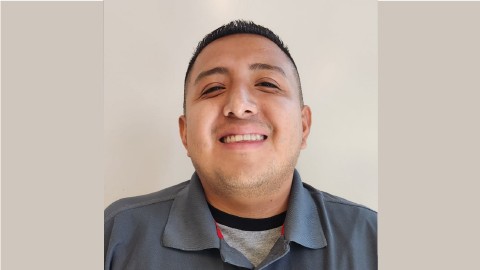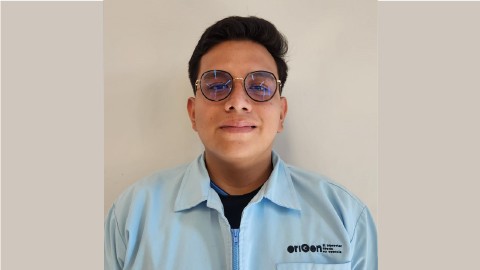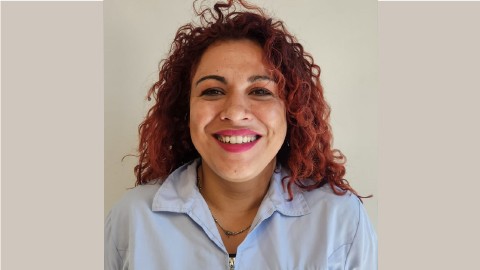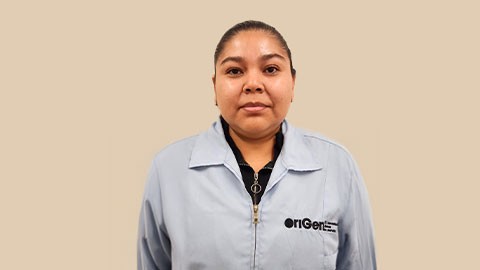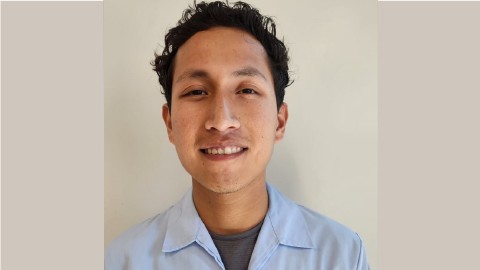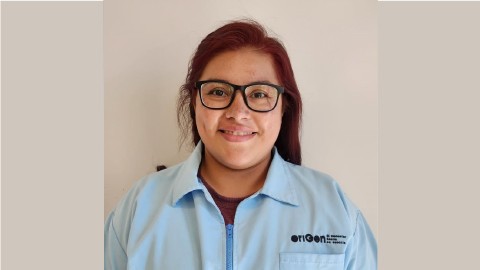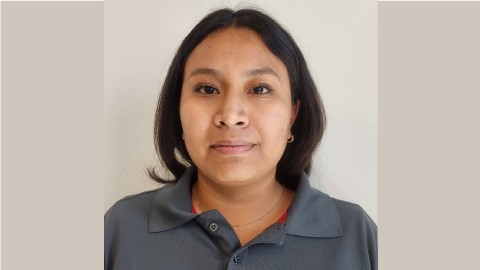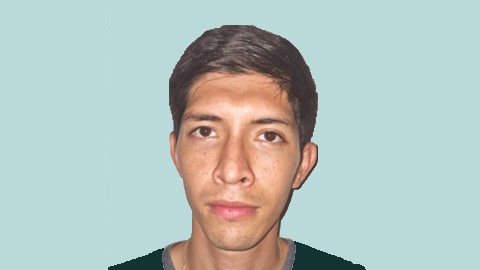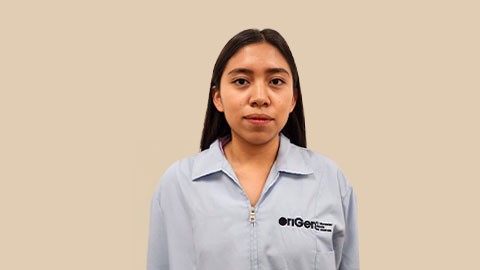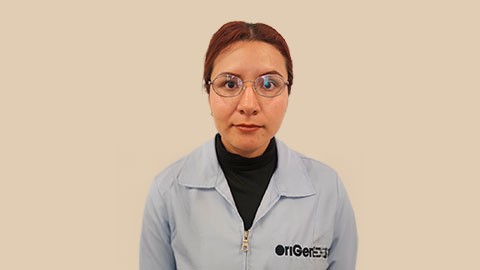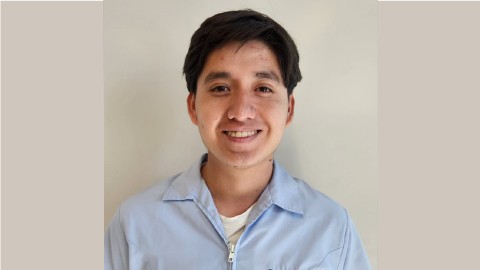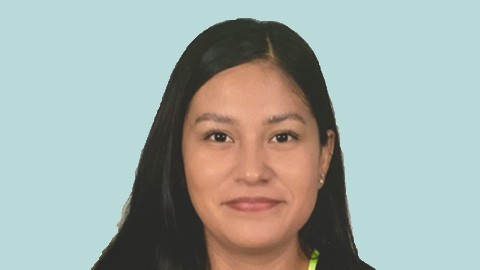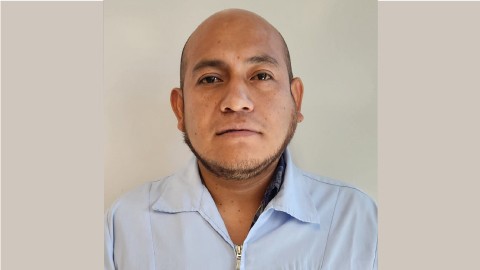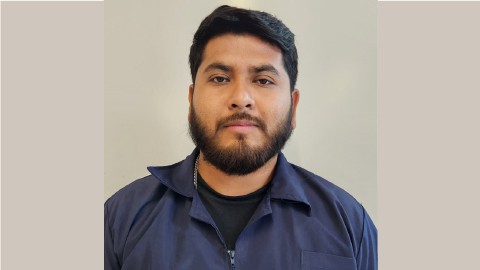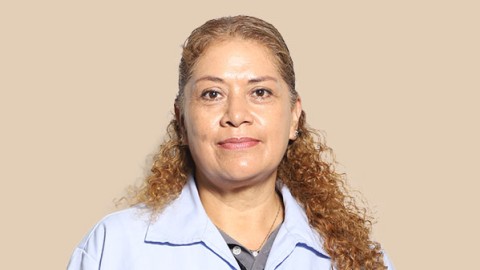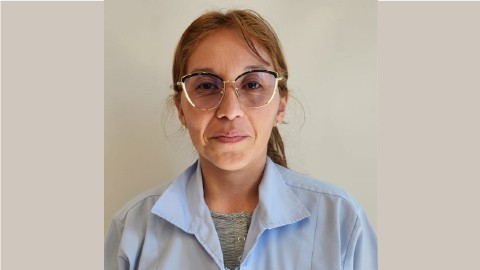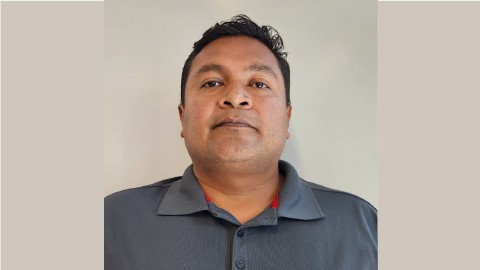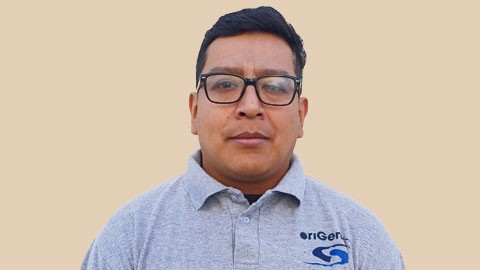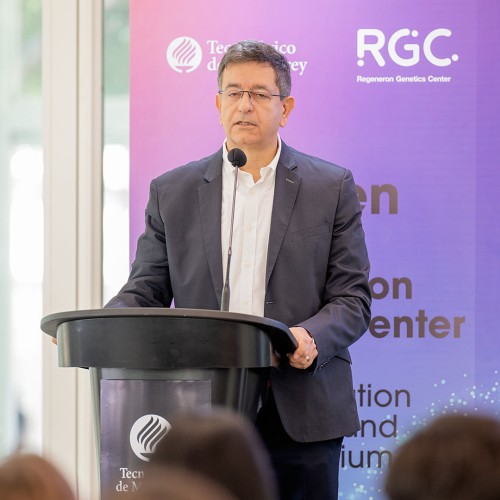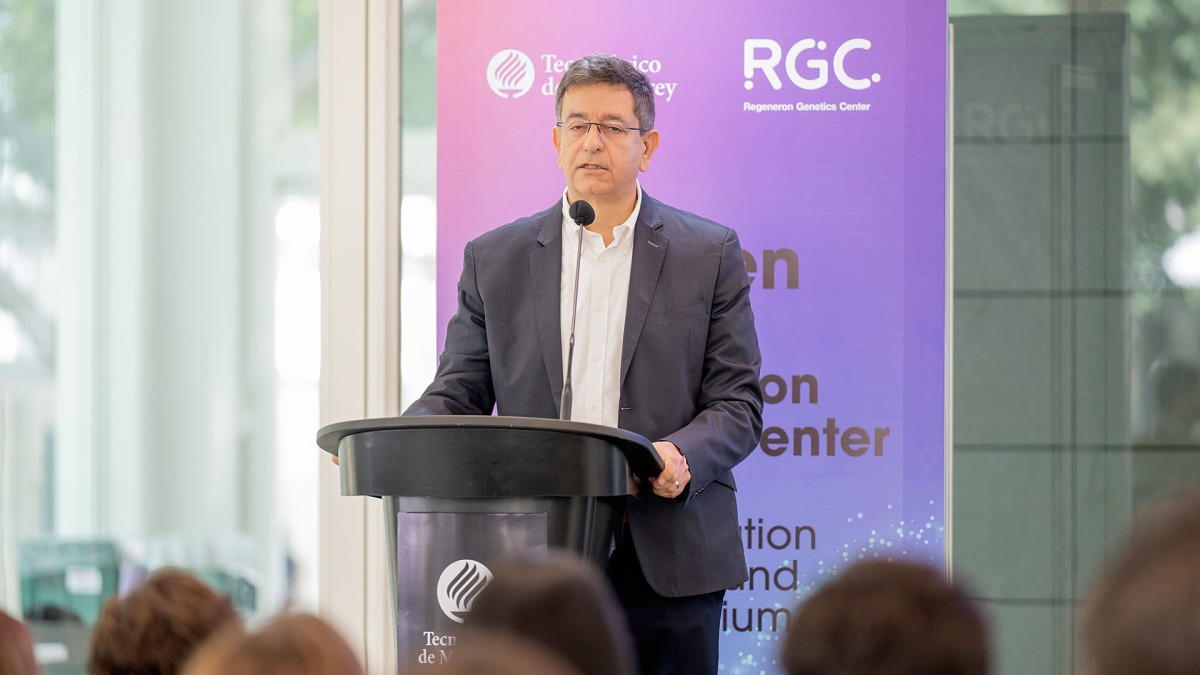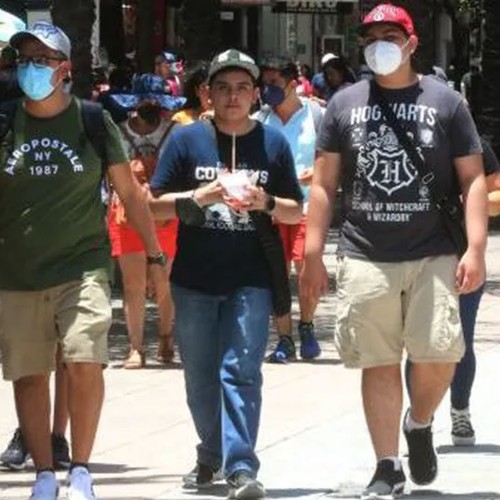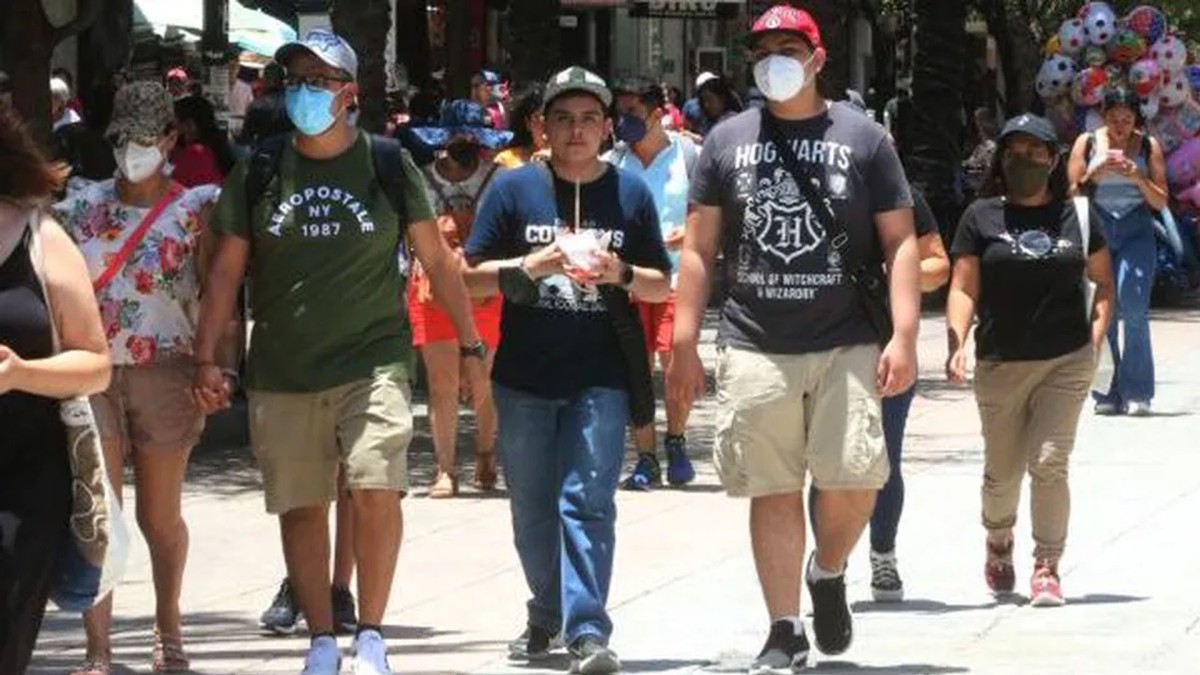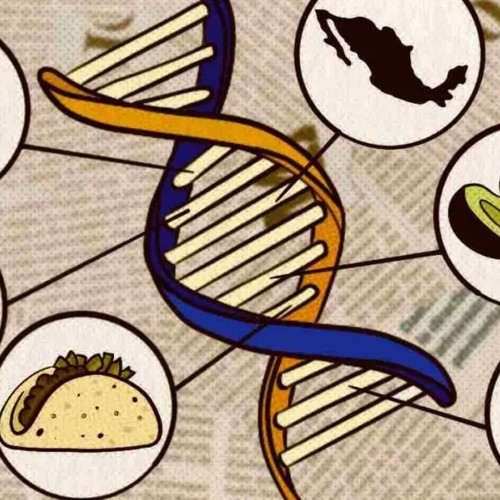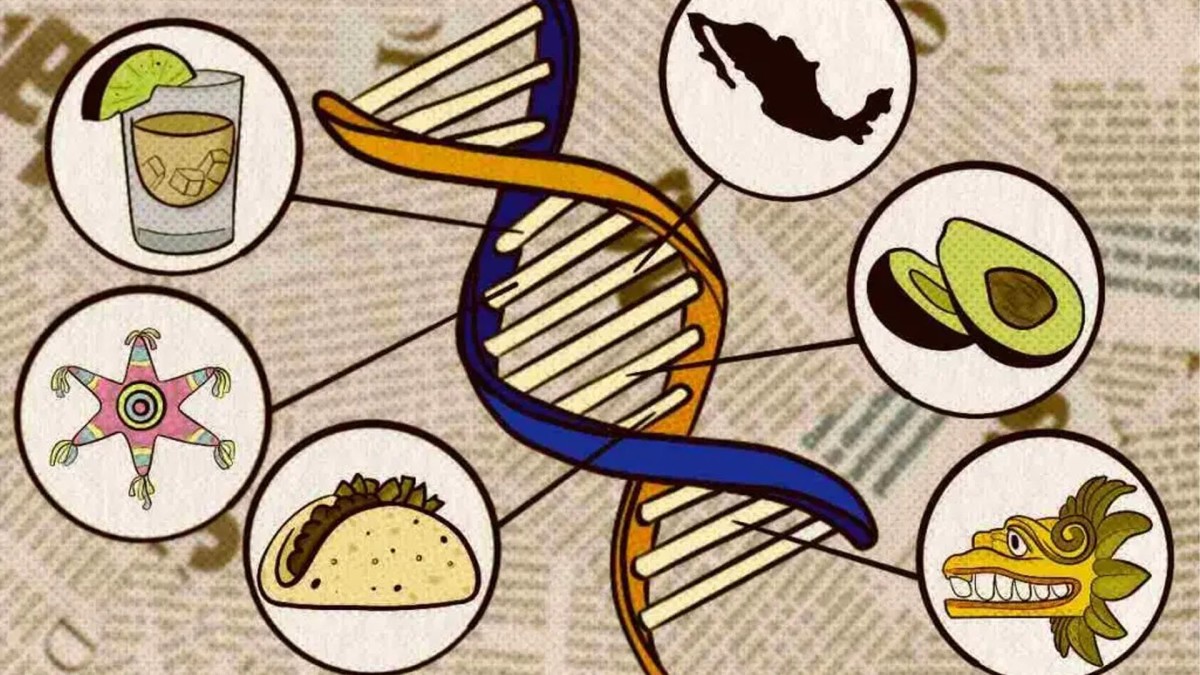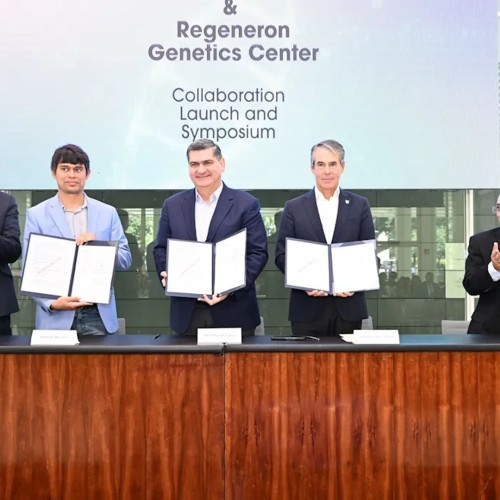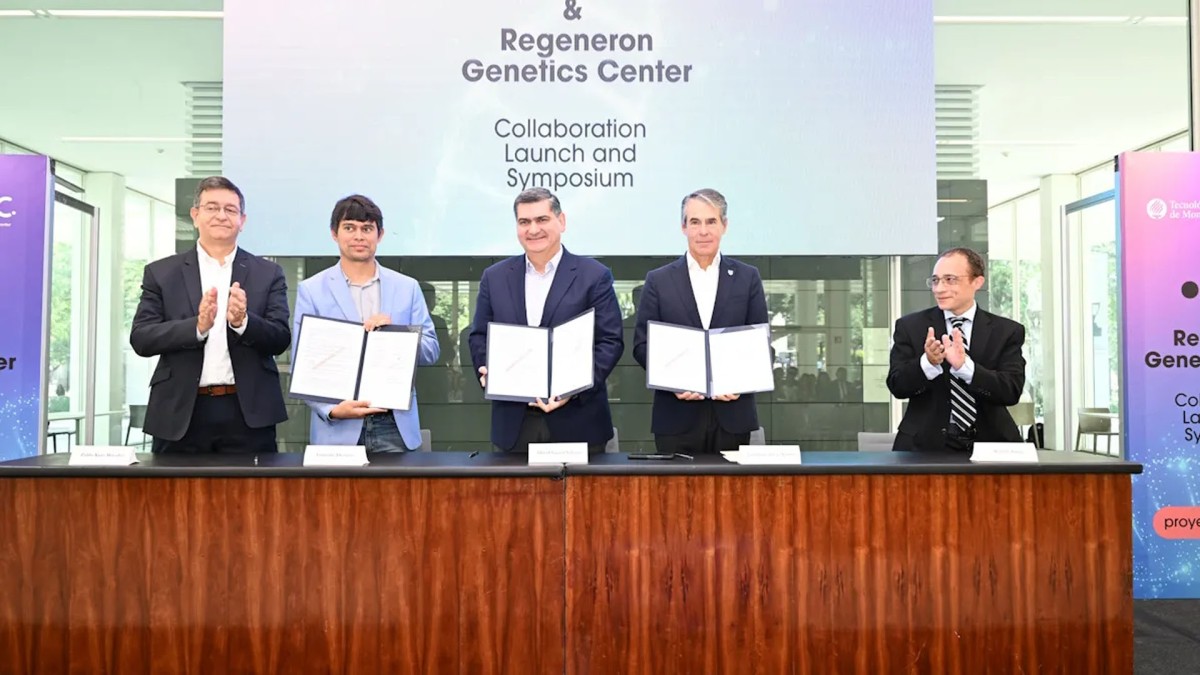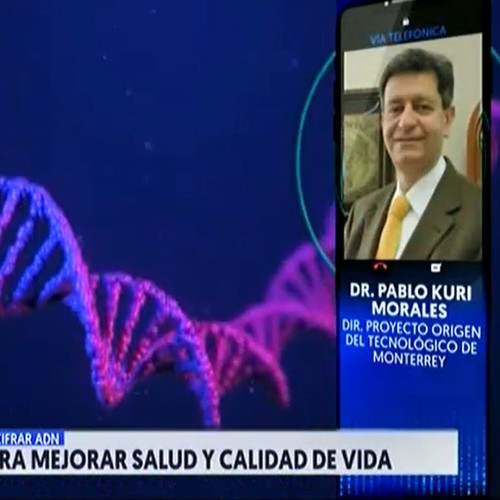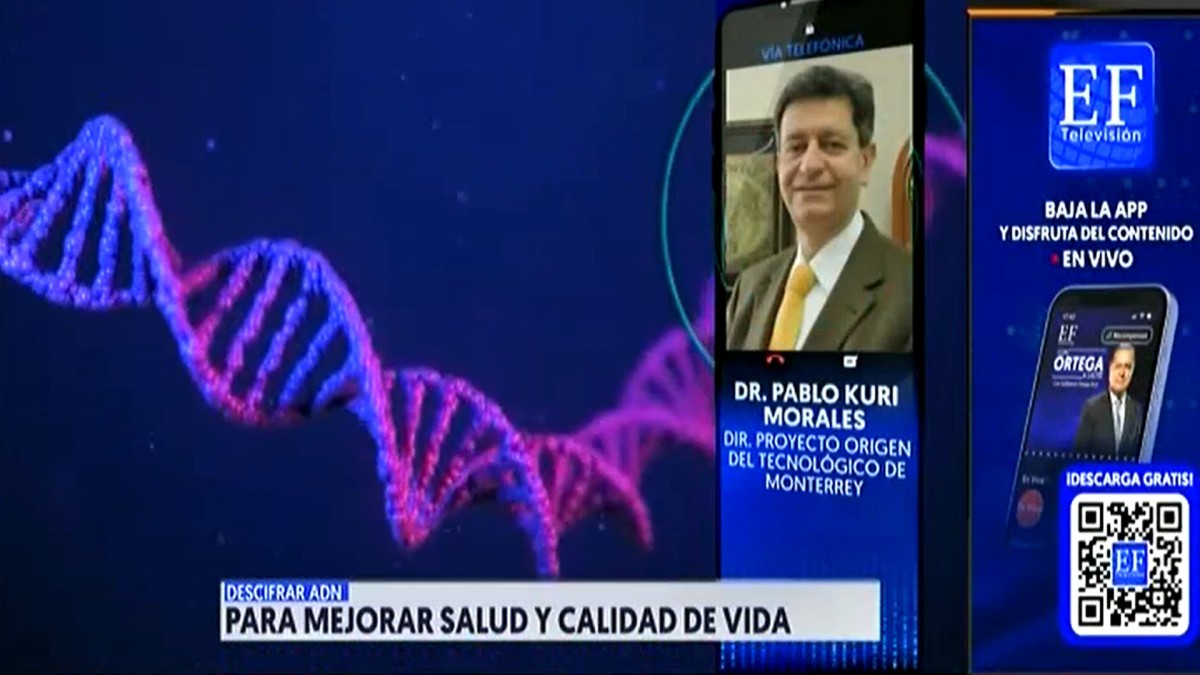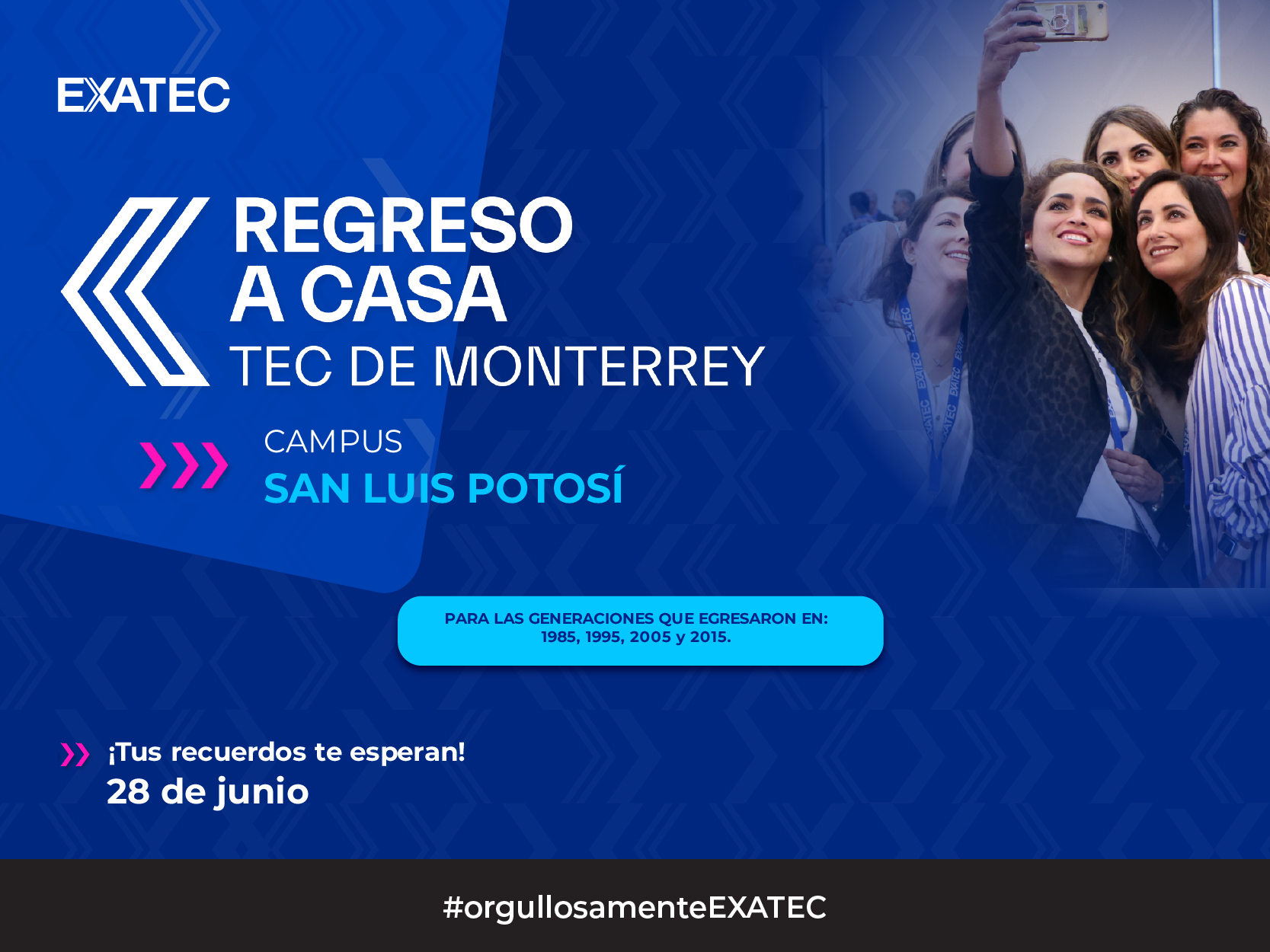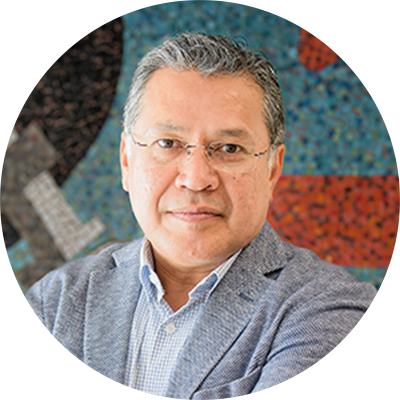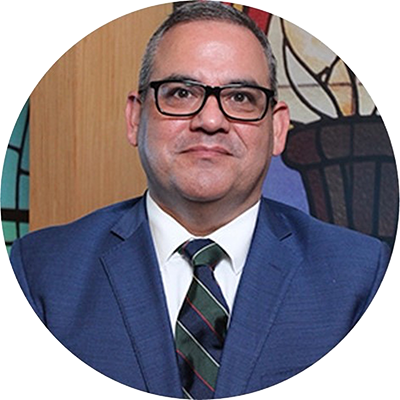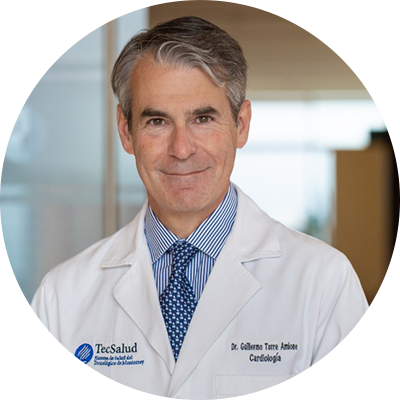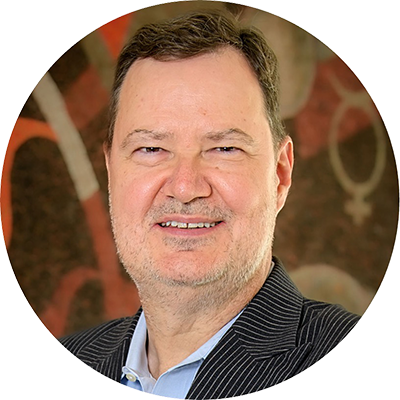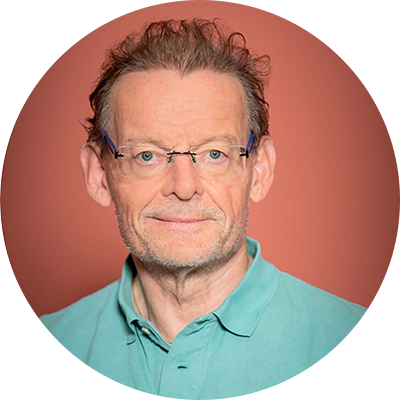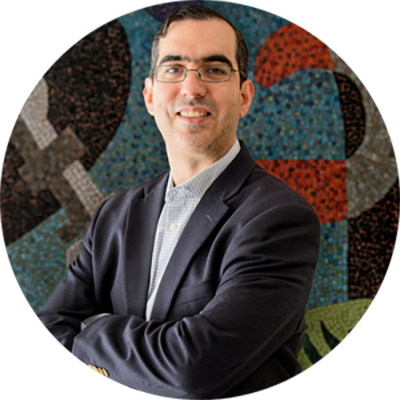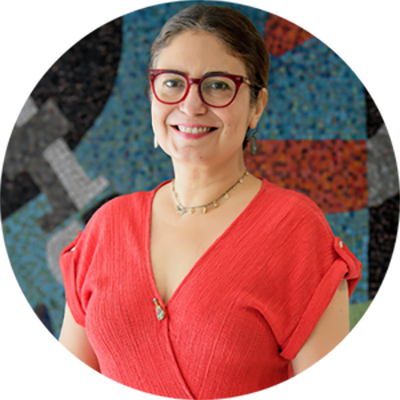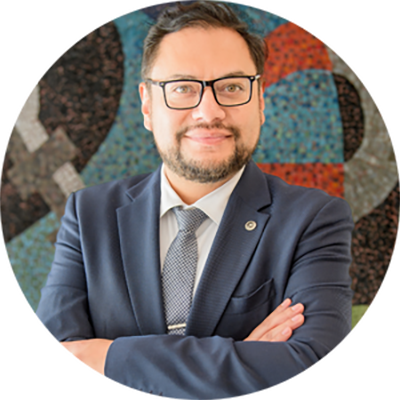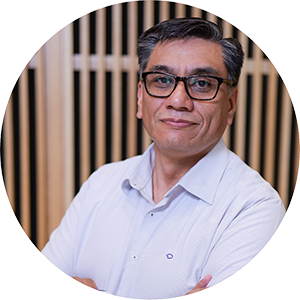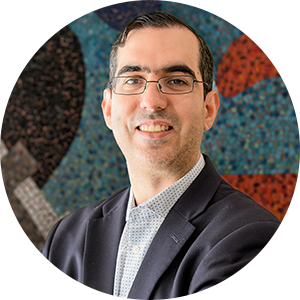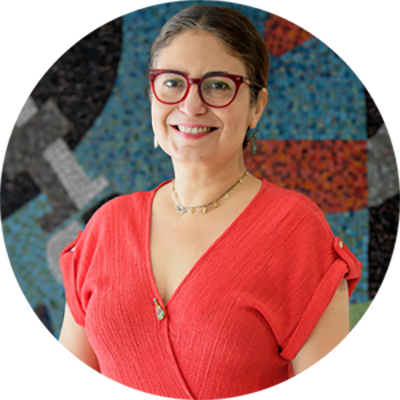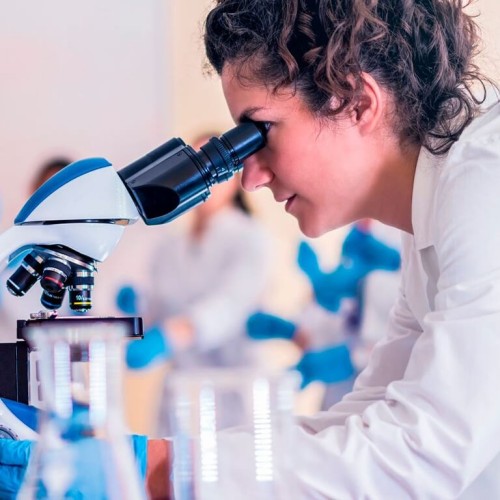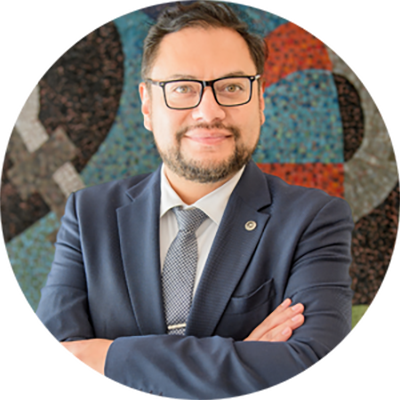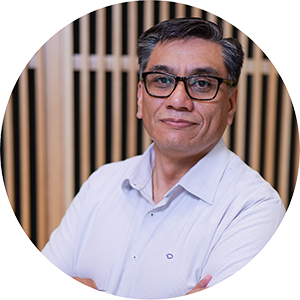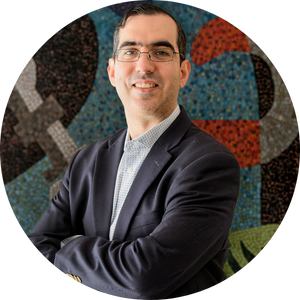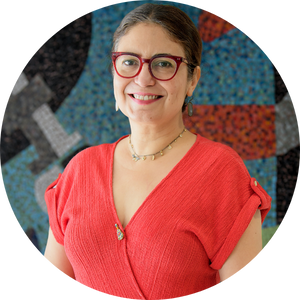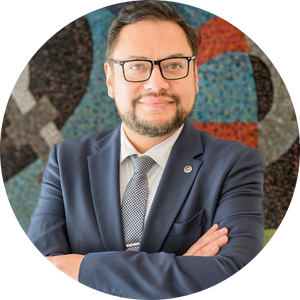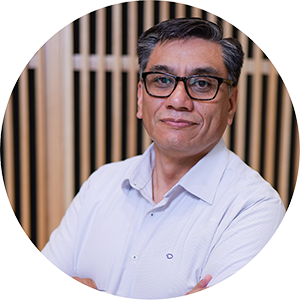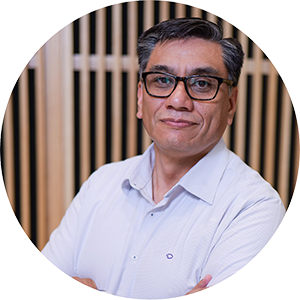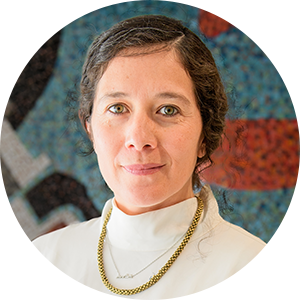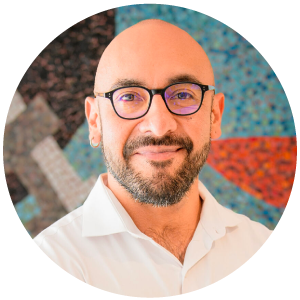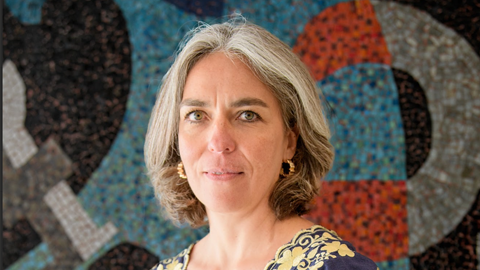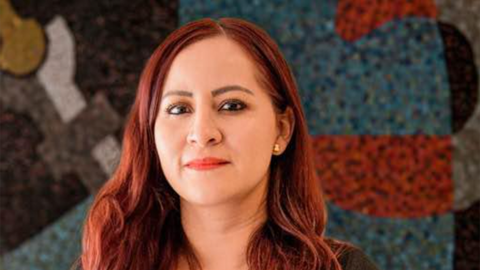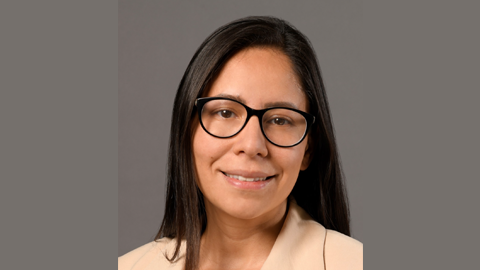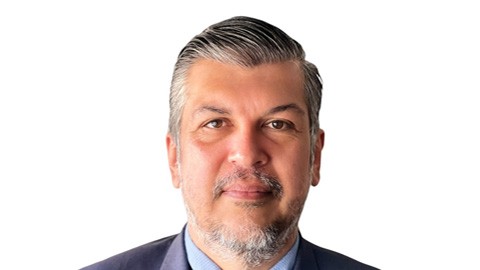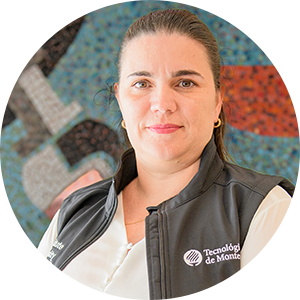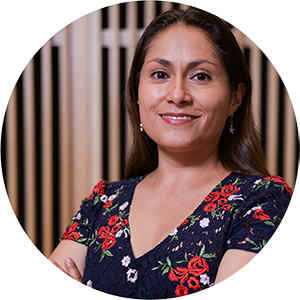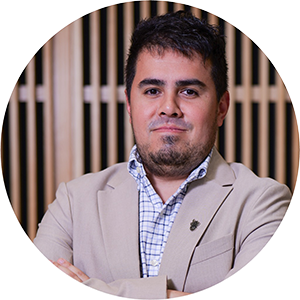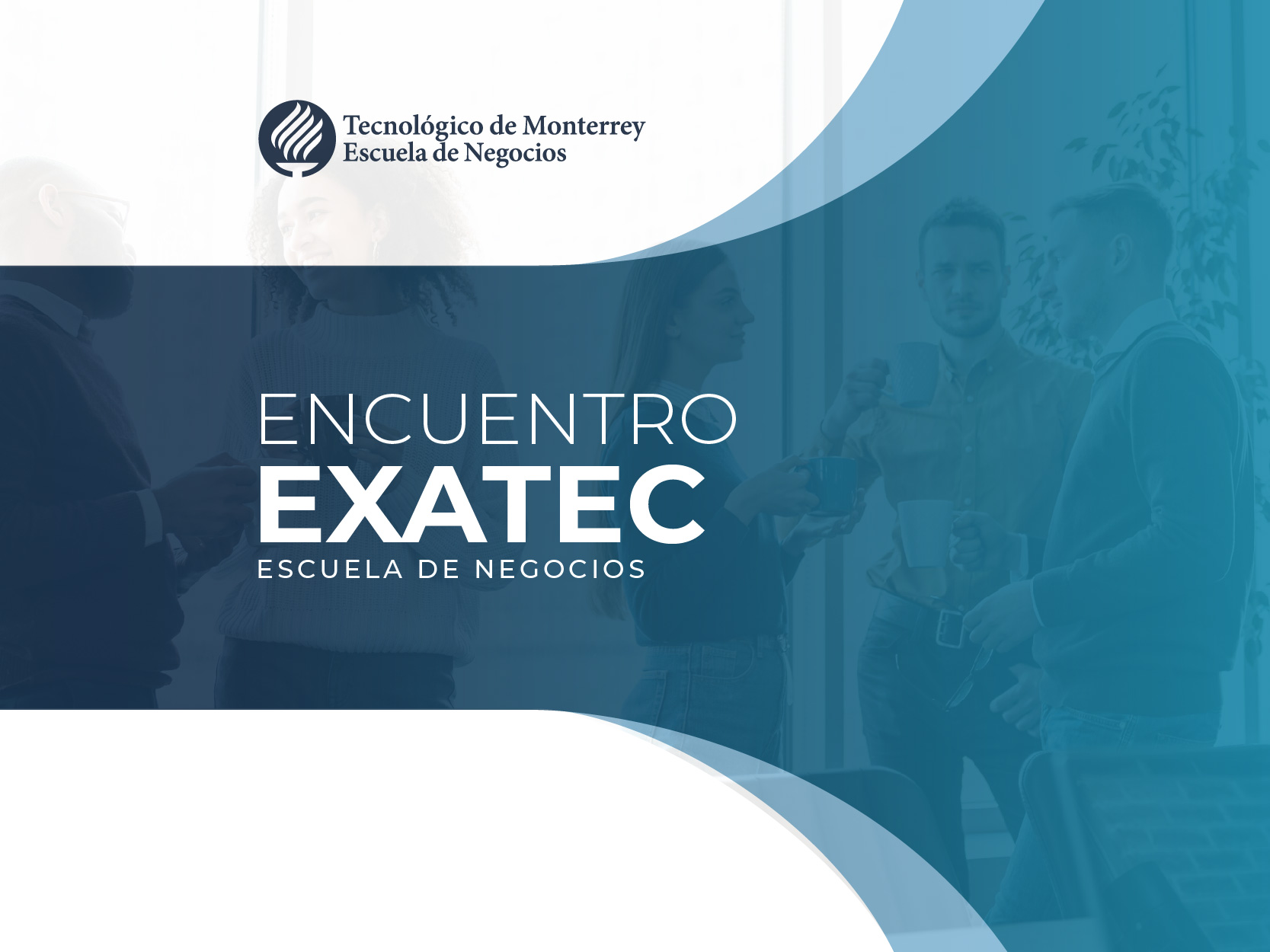
Participantes hasta hoy
80,052
Nos faltan 19,948
¡únete!
- CDMX
Tlacoyaque, Paraje El Caballito, Lomas de Chamontoya, Lomas de Capulin, San Bartolo Ameyalco, Paraje El Caballito, Tlacoyaque, Ampl Tlacoyaque, Olivar de Los Padres, Lomas de San Angel Inn, La Herradura, Lomas de Tetelpan, Lomas de Los Angeles Tetelpan, Tizampampano, Segunda del M, Lomas de Tetelpanoral, San Agustin, Plutarco Elías Calles, Agricultura, Nextitla, San Rafael, Tlaxpana, Santa Maria La Ribera, Valle Gómez, Michoacana, Janitzio, Emilio Carranza, Penitenciaria, Morelos, Nápoles, San Pedro de Los Pinos, Del Valle Centro, Del Valle Sur, San José Insurgentes, Fuentes del Pedregal, Popular Sta Teresa, Lomas de Padierna, Pedregal de Sn Nicolas 1A Secc, San Nicolas II, Pedregal de Sn Nicolas 3A Secc, Chichicaspatl, Pedregal de Sn Nicolas 4A Secc, Héroes de Padierna, Santa María Tepepan, Bosque Residencial del Sur, Aldama, Bosques Residencial Cipres, San Juan Tepepan, Santa María Tepepan, San Juan Tepepan, San Jerónimo, La Noria Poniente, La Noria Tepepan, Tepepan. San Clemente, Puente Colorado, Las Águilas, Lomas de Puerta Grande, Águilas 3Er Parque. Punta de Cehuayo, Ampl Estado de Hidalgo, Estado de Hidalgo, La Araña, Los Cedros, Ave Real. Presidentes, Presidentes 2Da Ampl, Piloto (Adolfo López Mateos). Anzures, Polanco, Granada, Rincón del Bosque. Buenavista, Guerrero. Vista Alegre. Centro. Aeronáutica Militar. Jardín Balbuena. Portales Norte, Portales Sur, General Anaya, Xoco, Sta. Cruz Atoyac. Ampl Miguel Hidalgo 3A Secc, Ampl Miguel Hidalgo 2A Secc. Tlalpuente, San Andres Totoltepec, San Buenaventura, La Magdalena Petlacalco. San Miguel Xicalco. San Miguel Topilejo, Pedregal de Aminco, Pedregal de San Francisco. San Miguel Topilejo, La Guadalupana, Ixtlahuaca. Santa Cruz Acalpixca, San Jose Obrero, Las Flores, Las Cruces. El Carmen, Los Cerrillos 3, Año de Juárez. Calyecac, Francisco Villa, La Loma, San Sebastian, Quiahuatla, La Habana. Santa Fe Belén, La Palmita, La Cañada 2Da Sección, Lomas de Becerra. Calzada Jalalpa, Desarrollo Urbano, El Piru, Lomas de Capula. Las Golondrinas, Las Palmas, Barrio Norte. Reforma Social, Lomas de Chapultepec. Peralvillo. Moleros, Tlatelolco, Caracol, Federal, Nativitas, Villa de Cortes, Isidro Fabela, Pueblo Quieto, Toriello Guerra, Cantera Puente de Piedra. Hacienda San Juan, San Lorenzo Huipulco. Villa Coapa, San Bartolo El Chico. Granjas Coapa, Magisterial Coapa, Rinconada Coapa 1A Sección, Ex Hacienda Coapa, Villa Cuemanco. Del Mar Sur. Los Olivos, Genaro Reyes, Los Reyes, Tierra y Libertad, Quiahuatla.
- Estado de México
San Miguel Jacalones I, Ejidal, San Miguel Jacalones Ii, Jardines de Chalco, Santa María Huexoculco, Jardines de Chalco, Ejercito del Trabajo I, Granjas Independencia B, Solidaridad 90 Mártires de Rio Blanco, Fernando de Alba, México Insurgente, Prizo 2, Prizo 1, Polígono Ii, Polígono V, Rinconada de Aragón, Ciudad Azteca 3Ra Sección, Ciudad Azteca 1Ra Sección, El Cegor - Profepec - Polígono 4, La Florida Ciudad Azteca, Ciudad Azteca 2Da Sección, San Lorenzo Tetlixtac, La Magdalena Huizachitla, La Magdalena, Rinconada Coacalco, Rincón de Las Fuentes, Hacienda San Pablo, Rincón Coahuilense, Lomas de La Hacienda, Club de Golf Hacienda, Lomas de Tepalcapa, San Juan Ixtacala Plano Sur, Alfredo V Bonfil, 5 de Mayo, Club de Golf Hacienda. Cerro de Las Palomas, La Joyita, Ampl San Agustín. Sutaur Oriente, Villa San Agustín Atlapulco, San José Buenavista. Corte San Pablo. Francisco Villa, Emiliano Zapata. Santa Rosa, Auris 2, Auris 3. Las Vegas Xalostoc, Granjas Valle de Guadalupe. Industrial Xalostoc, San José Xalostoc, San Miguel Xalostoc. Norte San Pedro Xaloxtoc, Benito Juárez Norte Xalostoc. Tablas del Pozo, El Mirador, Paraje El Caballito. La Palma, Benito Juárez 2Da Sección. Lomas de Atzolco. Bosques de Coacalco, Lomas de Coacalco, Los Acuales, Parque Residencial Coacalco. Las Peñitas, San José del Jaral 1Ra Sección, San José El Jaral 2Da Sección, San José El Jaral. San Juan Ixtacala Plano Norte, San Juan Ixtacala Plano Sur. Lomas de San Miguel, Prados de Ixtacala. San Lorenzo, Xochiaca-Barrio Xochiaca, San Lorenzo Parte Alta. Labradores, Ebanistas. Tepalcates. Xaltipac. Josefa Ortiz de Domínguez - Sagitario Vii, Progreso de La Union, Sagitario Viii- Coronel Jose Antonio Torres. Alfredo del Mazo, José María Morelos Y Pavon - Sagitario X. Jardines de Morelos. Santa María Chiconautla. Ciudad Cuauhtémoc. Rancho La Palma, Bosques del Valle. Villa de Las Palmas, Uam. El Capulín, Villa de Las Torres, Revolución, Miraflores
Objetivo
Nuestros investigadores e investigadoras
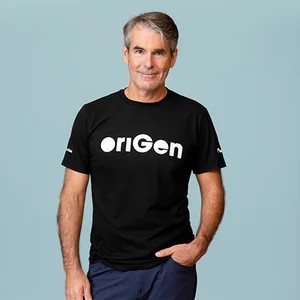
Dr. Guillermo Torre Amione
Investigador principal del proyecto
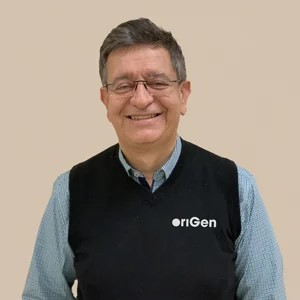
Dr. Pablo Antonio Kuri Morales
Director de Proyecto oriGen
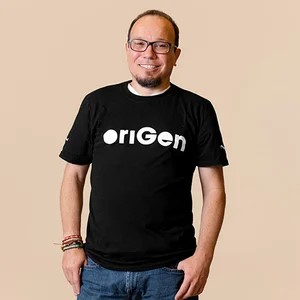
Dr. Víctor Manuel Treviño Alvarado
Director científico del proyecto
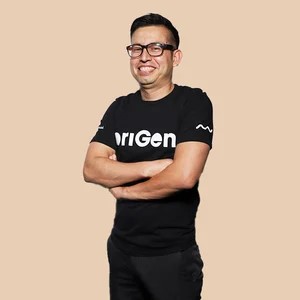
Dr. Néstor Rubio Infante
Líder de proyecto
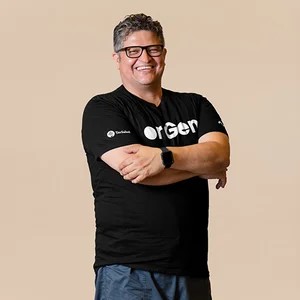
Dr. Servando Cardona Huerta
Director de Investigación Clínica TecSalud
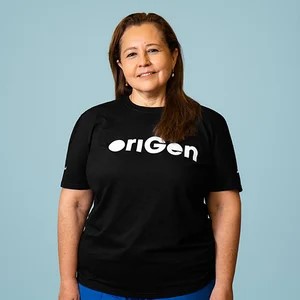
Dra. Rocío Ortiz López
Líder de proceso
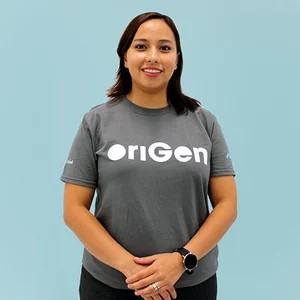
Dra. Rocío Alejandra Chávez Santoscoy
Líder de proceso
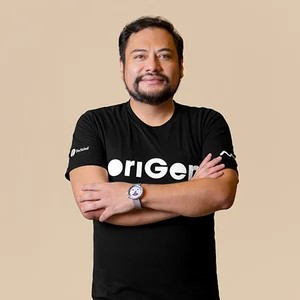
Dr. Gerardo de Jesús García Rivas
Coordinador del proceso de reclutamiento y científico del proyecto
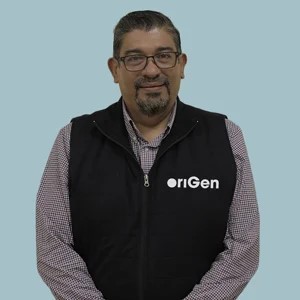
Cuitláhuac Ruíz Matus
Líder operativo de campo de oriGen
Te invitamos a leer el consentimiento informado para participar en el proyecto.
Consulta tus resultados
Firma de colaboración y Simposio 2023
Congreso Genómica en Salud 2021
Noticias
Aliados
Preguntas frecuentes
- ¿Qué es Proyecto oriGen?
-
Proyecto oriGen es una iniciativa estratégica del Tec de Monterrey, en la cual estamos creando una plataforma abierta de datos genómicos y clínico/epidemiológicos de 100,000 mexicanos para que, a través de la investigación, la innovación, la formación y el emprendimiento se contribuya a mejorar la salud de la población
- ¿Quién está liderando el proyecto?
-
El Tecnológico de Monterrey.
- ¿Cuál es el objetivo de Proyecto oriGen?
-
Crear una base de datos de información genética y clínico epidemiológica (biobanco) a partir del cual se pueda hacer investigación con la metodología actualmente disponible y aquella que pudiera desarrollarse en el futuro para contribuir en la prevención, diagnóstico y tratamiento de diversas enfermedades que afectan a la población mexicana.
- ¿En qué consiste el proyecto de investigación?
-
En la recolección de datos de estilo de vida, del entorno y genéticos, para generar información de utilidad y permitir el desarrollo de estrategias de investigación e innovación encaminadas a ofrecer soluciones para la prevención, diagnóstico y tratamiento de diversas enfermedades.
- ¿Cómo se obtienen los datos genómicos y epidemiológicos de los participantes?
-
A través de un cuestionario electrónico en el que el participante proporciona sus datos clínicos y epidemiológicos (demográficos, hereditarios, de hábitos y estilo de vida) algunas mediciones como peso y talla, presión arterial, así como una muestra de sangre (ADN y sus derivados).
- ¿Qué es la secuenciación del ADN?
-
La secuenciación es una técnica de laboratorio utilizada para determinar la secuencia exacta de las bases (A, C, G y T) que conforman el ADN. La secuencia de bases del ADN lleva la información que una célula necesita para hacer las proteínas que nos hacen funcionar. Conocer la secuencia nos permite identificar aquellas variaciones que se asocian a enfermedades.
- ¿De qué manera contribuye secuenciar a una población grande?
-
Secuenciar a 100 mil mexicanos, permitirá generar la herramienta que contribuya al desarrollo de investigaciones que logren una mejor caracterización tanto a nivel de población, como a nivel individual para generar planes de tratamiento y prevención personalizados o específicos para la población mexicana. Actualmente, los datos a los que se tiene acceso están representados por poblaciones de ascendencia europea lo que limita nuestra capacidad de atender las necesidades de los problemas de salud que se asocian a la población mexicana.
- ¿Cuántas personas se pretende reclutar?
-
Estamos creando una plataforma de datos genómicos (ADN) y clínico-epidemiológicos, mediciones y muestras derivadas de la sangre de 100,000 mexicanos.
- ¿En dónde se llevará a cabo el reclutamiento?
-
En 17 ciudades que representan 19 estados de México en las que el Tec de Monterrey tiene presencia. A partir de esta selección, se establecen las manzanas y los hogares que son visitados, está última selección se realiza por medio de programas de cómputo que permiten que sea una selección aleatoria (probabilística) de viviendas.
- ¿Se han llevado a cabo otros estudios como este en otras partes del mundo?
-
Sí se han llevado a cabo estudios similares en el mundo como en Reino Unido, China, Japón, Australia, Arabia Saudita, Estados Unidos, Estonia, Francia, Dubai y Turquía. En Latinoamérica sería el primer estudio de esta dimensión y de estas características demográficas y epidemiológicas
- ¿Quiénes pueden participar?
-
Mexicanos de 18 años en adelante.
- ¿Existe algún criterio de exclusión?
-
No, siempre y cuando se cumplan con los criterios de inclusión, ser mexicano mayor de 18 años, y así se desee, se puede participar.
- ¿Tiene costo ser participante?
-
No, todos los costos asociados con el protocolo serán cubiertos por el Proyecto oriGen.
- ¿Los participantes recibieron un pago?
-
No, la participación fue completamente voluntaria y altruista. Sin embargo, al participar se les otorgó un estudio de composición corporal de alta precisión: cantidad y distribución de masa grasa con respecto a la masa muscular, cantidad de agua y calorías requeridas junto con los resultados de las mediciones clínicas realizadas durante la visita.
- ¿Cuál fue el proceso de participación?
-
Un equipo de expertos en trabajo de campo, medición y toma de muestras de sangre visitó los domicilios. El equipo conformado por coordinadores y personal de enfermería se presentaron con el uniforme de oriGen y portaban la credencial de la empresa Suasor, quien es proveedor autorizado del Tecnológico de Monterrey.
- ¿Dónde se llevará a cabo el estudio?
-
El estudio se iniciará en Monterrey. Sin embargo, visitaremos 16 ciudades más en las que el Tec de Monterrey tiene presencia.
- ¿Cuál es el beneficio para el participante?
-
Ser parte de la comunidad oriGen, reconocer la importancia de sus donaciones en el desarrollo de la investigación y la práctica médica y su contribución a generaciones futuras y a una cultura basada en ciencia y tecnología.
Estudio de medición de composición corporal (agua, músculo, grasa corporal y minerales) mediante el método de análisis de bioimpedancia eléctrica de alta especialidad. Esta evaluación les permitirá conocer el estado general de su salud además de evaluar el balance entre masa muscular y grasa de su cuerpo.
Finalmente, contarán con la aplicación móvil “oriGen” que contará con la información que nos proporcionó y las mediciones que le realizamos durante su visita para que pueda consultarla de una manera ágil y sencilla cuando así lo requiera.
- ¿Los participantes recibieron su código genético?
-
No, para los investigadores de oriGen la sensibilidad de tus datos es muy importante por lo que los investigadores que realicen los análisis de tus datos no podrán acceder a datos de identidad. Esto también impide que se entreguen los resultados derivados de las investigaciones que surjan a partir de este proyecto.
- ¿Cuánto dura la participación en el proyecto?
-
Una sola visita con un seguimiento longitudinal a través de la aplicación móvil o de la Web.
- ¿Porqué es importante que se proporcionen mis datos clínico-epidemiológicos?
-
Si bien la presencia de una o varias variantes genéticas hacen individuos genéticamente susceptibles, la presencia de factores externos o de estrés, como el tipo de dieta, infecciones, contaminación ambiental, etc, desencadenan el desarrollo de las enfermedades. Es por lo que la integración de los datos genómicos con el historial de salud personal y familiar, estilo de vida y factores de riesgo es fundamental para facilitar el desarrollo de investigaciones encaminadas a la medicina genómica de precisión, que permitan identificar los riesgos individuales, con un enfoque más informado y eficaz, o en su caso de prevención. Sobre los participantes Sobre la plataforma de datos para investigación.
- ¿Quién podrá tener acceso a los datos y muestras de los participantes?
-
Fundación Santos y de la Garza y Evia I.B.P, serán los dueños y responsables de los datos y muestras, los cuales serán doblemente codificados. Esto evitará que los datos de la muestra sanguínea y la de los datos epidemiológicos que proporciones sean ligados a tu identidad. Ninguna publicación ni resultado podrá ser ligada por los investigadores con ningún participante. La plataforma de datos codificados será libre para aquellos que estén capacitados y facultados para desarrollar protocolos de investigación, y que tengan como objetivo contribuir con el bienestar, prevención, longevidad y el entendimiento de enfermedades; siempre y cuando cumpla con los lineamientos establecidos por la ley. El uso de los datos y muestras estará sujeto al sometimiento y aprobación de los protocolos por comités de ética e investigación.
- ¿Cuál es el proceso para tener acceso a la plataforma?
-
A través de la página web, los interesados deberán de llenar un formato de solicitud.
- ¿Qué tipo de información podrá ser consultada?
-
Datos epidemiológicos (clínicos, historia familiar, estilo de vida) y los resultados de la secuenciación del ADN asociados a dichos datos. Sobre la plataforma de datos para investigación.
- ¿Cómo pueden aplicar las y los investigadores para tener acceso a la plataforma o muestras derivadas de la sangre obtenida?
-
A través del sometimiento de protocolos (página proyectoorigen.mx en la sección de investigadores), que sean revisados y aprobados por los comités en investigación y que tengan como objetivo el mejoramiento de la salud en apego a los lineamientos establecidos por la Ley.
- ¿Cómo se protege la información de los participantes?
-
A través de una codificación doble realizada por Fundación Santos y de la Garza y Evia I.B.P 26. ¿Cómo está certificado el centro de investigación? Fundación Santos de la Garza y Evia I.B.P. cuenta con la licencia sanitaria para llevar a cabo investigación clínica.
- ¿Cómo está certificado el centro de investigación?
-
El sitio de investigación cumple con los requerimientos de la autoridad sanitaria para llevar a cabo el estudio.
El equipo de oriGen sigue tocando puertas para encontrar nuevos participantes. Esto sucederá en toda la República Mexicana durante 2023, 2024, 2025 y 2026. ¡Únete!





